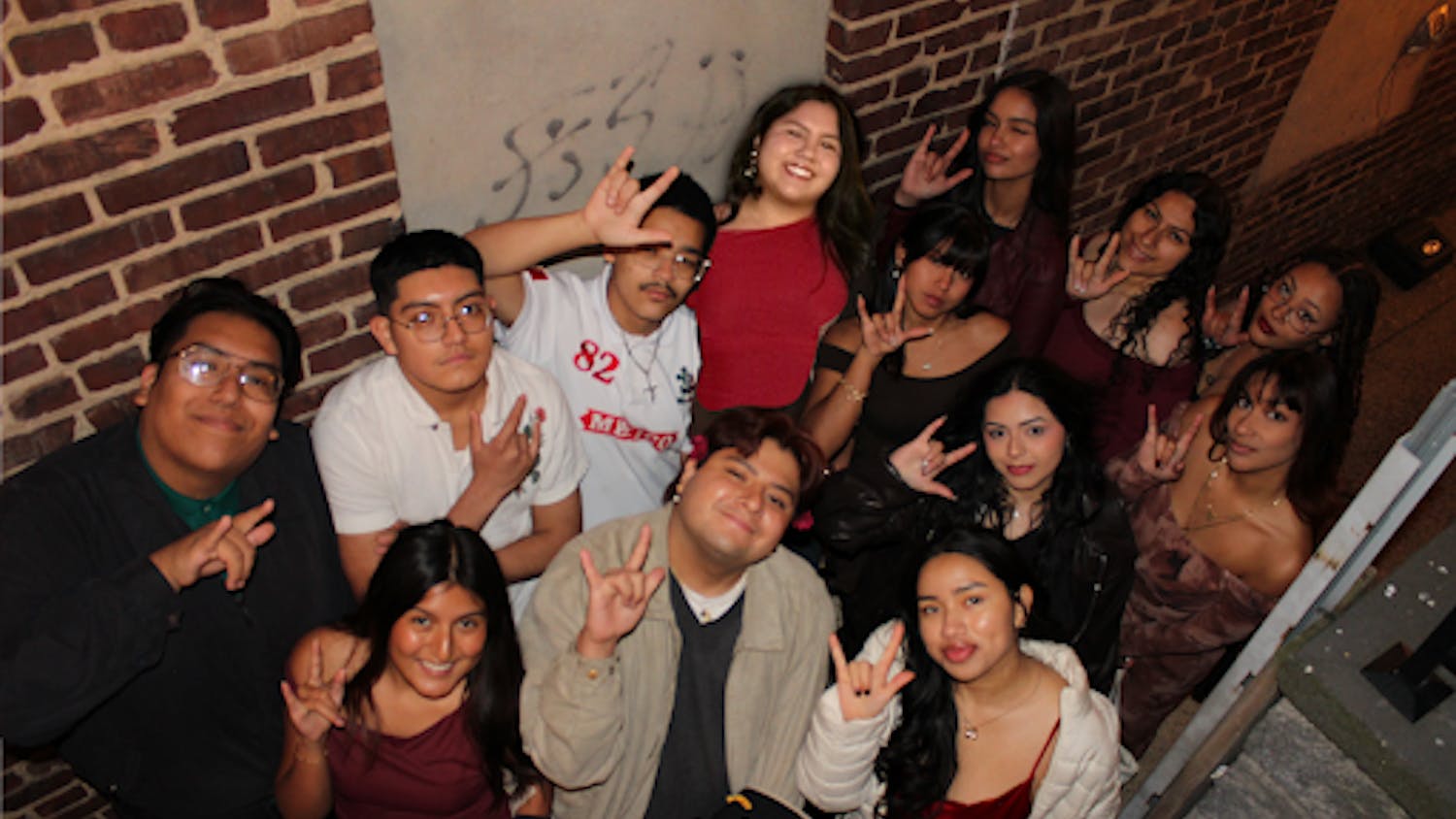The current war in Iraq is the focus of plenty of media attention. The public constantly hears and reads about the American casualties, the protests against the war on the homefront and other negative aspects that naturally accompany any war.
Very rarely is the public made aware of the good work that is being done in Iraq to bring the country closer to democracy.
Staff Sgt. Omegia Randleman, a 47-year-old African-American mother of two and grandmother of nine, came to speak to Gloria Dickinson's Africana Women in Historical Perspective class about her experiences as an African-American woman serving her country.
She has served in the U.S. Army Reserve for 19 years and plans to continue serving her country in this respect. She recently spent 13 months in Iraq as part of Operation Iraqi Freedom.
"We never saw American journalists," she said. "They were only concerned if fighting was happening."
History shows that African-American women have continuously served their country in times of war. In the Revolutionary and American Civil wars, for example, they served as nurses.
Since then, they have often served in menial, unimportant positions as cooks, clerks or supervisors. For many years, they could never fight and they could never attain a higher rank or duty.
Randleman joined as a reservist in 1985. Many of her friends had joined the army and she grew up as a military dependent, so she was quite aware of what her commitment meant.
She was also aware that she had to work hard to avoid being placed in one of the menial jobs usually assigned to reservists of her race and gender.
When she first took her entrance exam, she knew she had to get a score better than 90 to attain a better rank.
She scored 115 - and received her first job as an administrative clerk. This did not deter her from striving to achieve a higher status.
She then attended school to become a nurse. She is a licensed practicing nurse and hoped that she could use this experience in a higher rank in the armed forces.
However, in the late 1990s, the military restructured, and nurses and medics were all lumped into one lower-status category.
"It's an insult when you've worked hard and for them to knock you back," Randleman said of the experience.
In her years of service, she moved up to the rank of Private First Class, and within the following year she was promoted to a first sergeant.
However, she was not working as a nurse. She was working for the intelligence program as part of special forces. Since this was not her field of expertise, she had to take a refresher course before going into action.
"African-American women are very versatile in the military but we don't get the credit we deserve," she said, noting that she couldn't speak up against the situation because she had signed papers that stated that she would volunteer for any position that needed to be filled.
However, Randleman was very proud of the work she accomplished while in Iraq. She was stationed just outside of Irbil, and her base of operations was Mosul, where one of Saddam Hussien's sub-palaces was located.
Though Randleman was armed, she was not assigned to fight. Instead, she lived among the Iraqi citizens. She taught Iraqis about democracy and how to live in one. She also taught the citizens about obtaining uncontaminated water, electricity and housing, conveniences most Iraqis live without and that most Americans take for granted.
Randleman also saw some military action. Even though the military didn't consider her part of the front lines, the trips from Irbil to Mosul were very dangerous and her unit had to be prepared for snipers, suicide bombers and other obstacles.
While Randleman has faced many personal obstacles as an African-American woman in the military, she said that she is proud of her accomplishments. She is also proud of the strides African-American women are making in the military, with some serving as chiefs-of-staff and even generals.
Randleman said she still wants to serve in the military and go as far as she can to get the respect she deserves. As long as she continues to pass physicals and other tests, nothing can stop her.
"I'm determined," she said. "Very determined."






